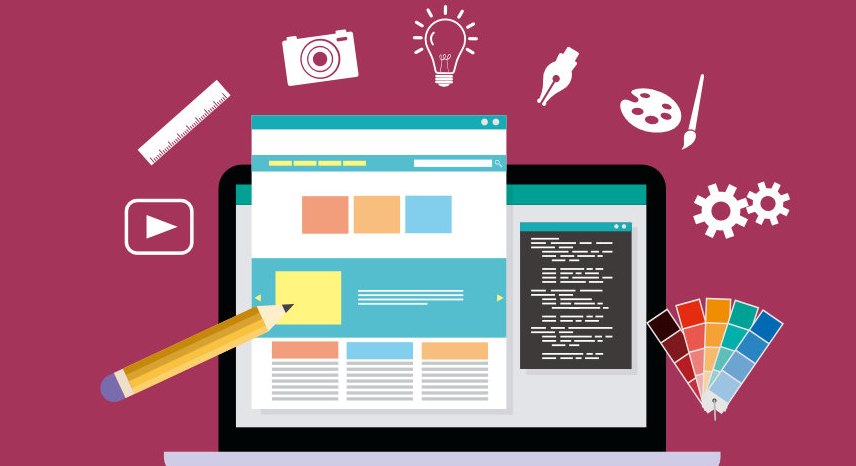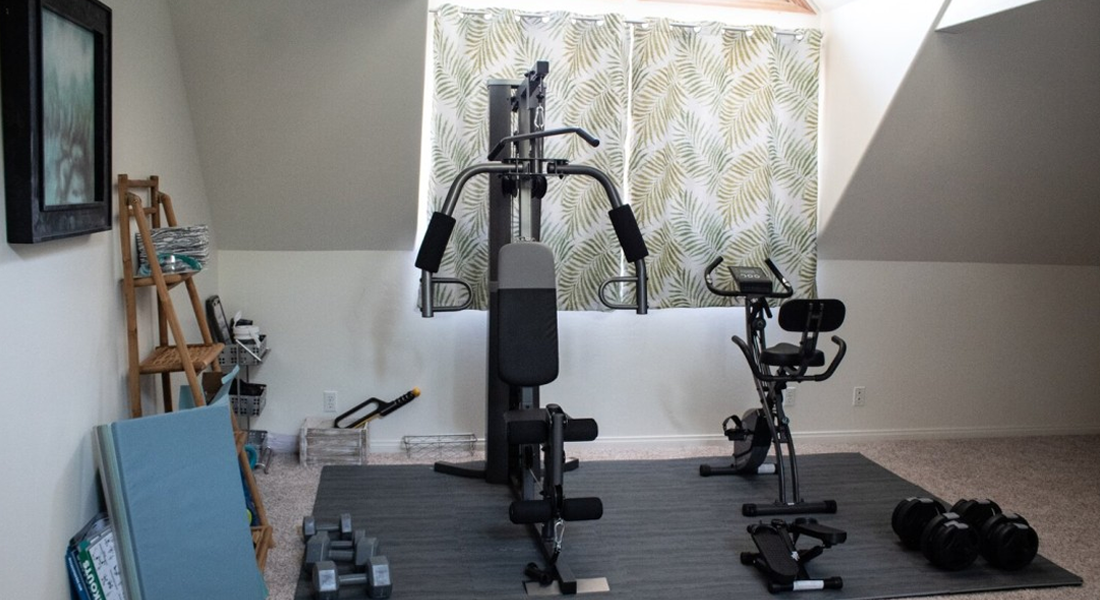The Importance of No Screen Time for Better Health and Well-being

In this blog, we will explore why no screen time is important, and how taking breaks from screens can improve your overall well-being. Let’s dive into how no screen time can help you reclaim balance and lead a healthier, more fulfilling life.
The Effects of Too Much Screen Time
Before we explore the benefits of no screen time, it’s important to understand the risks associated with excessive use of digital devices.
1. Eye Strain and Digital Eye Fatigue
One of the most immediate effects of excessive screen time is digital eye strain, also known as computer vision syndrome (CVS). Staring at a screen for long periods of time without taking breaks can lead to dry eyes, blurred vision, headaches, and discomfort. This is often referred to as "screen fatigue."
- Why It Happens: When we focus on screens, we tend to blink less, which reduces the eyes' natural lubrication. Additionally, the blue light emitted by digital screens can contribute to eye strain.
- How to Mitigate: Regular breaks, following the 20-20-20 rule (every 20 minutes, look at something 20 feet away for 20 seconds), and adjusting screen brightness can help reduce eye strain.
2. Poor Posture and Back Pain
Spending long hours hunched over a screen, whether it’s a phone or a laptop, can lead to poor posture and physical discomfort. Over time, this can result in chronic back pain, neck stiffness, and even long-term musculoskeletal problems.
- Why It Happens: The common posture of leaning forward or slouching when using a screen can strain the neck and spine, leading to discomfort.
- How to Mitigate: Ergonomic setups for your desk, maintaining proper posture, and taking regular movement breaks can help prevent back and neck pain.
3. Impact on Mental Health and Well-being
While screens can keep us connected, they can also negatively impact mental health. Social media, in particular, can lead to feelings of loneliness, anxiety, and depression, especially when comparisons with others become frequent. Additionally, excessive screen time can contribute to digital addiction, where individuals feel compelled to check their devices constantly, leading to a decrease in overall mental well-being.
- Why It Happens: The constant bombardment of information and the pressure to stay connected can lead to mental exhaustion and stress. Social media can also create unrealistic expectations and foster feelings of inadequacy.
- How to Mitigate: Limiting screen time, particularly on social media, and practising mindfulness or engaging in activities that promote well-being (like exercise, reading, or spending time with loved ones) can reduce mental strain.
4. Sleep Disruption
One of the most concerning impacts of excessive screen time is its effect on sleep. The blue light emitted by screens interferes with the production of melatonin, the hormone responsible for regulating sleep. This disruption can result in difficulty falling asleep, reduced sleep quality, and fatigue the following day.
- Why It Happens: Exposure to blue light from screens in the evening tricks the brain into thinking it's still daytime, thus delaying sleep onset.
- How to Mitigate: Avoid screen use at least one hour before bedtime, or use blue light filters on devices. Establishing a consistent bedtime routine that doesn’t involve screens can also improve sleep quality.
Benefits of No Screen Time
Now that we understand the effects of excessive screen time, let’s explore the numerous benefits of taking a break from digital devices and incorporating periods of no screen time into your daily life.
1. Improved Mental Clarity and Focus
When you step away from screens, your brain has the opportunity to recharge. Constant screen engagement, whether for work or entertainment, can leave you feeling mentally drained. By setting aside screen-free time, you give your brain a chance to refresh and improve focus and cognitive function.
- How It Helps: Taking regular breaks from screens allows your mind to rest, resulting in clearer thinking, better decision-making, and improved productivity when you return to your tasks.
2. Better Sleep and Restful Nights
As previously mentioned, excessive screen time, especially in the evening, can interfere with sleep quality. By committing to no screen time before bed, you are more likely to enjoy a restful night’s sleep, which is essential for overall health and well-being.
- How It Helps: By reducing exposure to blue light and creating a relaxing, screen-free environment before bed, you can fall asleep faster and experience deeper, more restorative sleep.
3. Stronger Relationships
Spending too much time on screens often means less time interacting face-to-face with family, friends, and loved ones. Taking breaks from screens and focusing on real-life interactions helps strengthen relationships and fosters meaningful connections.
- How It Helps: By putting away devices, you can engage in more quality time with others, whether it's having a conversation, enjoying a meal together, or participating in a fun activity without the distraction of screens.
4. Reduced Stress and Anxiety
Taking breaks from digital devices can significantly reduce stress and anxiety. Constantly checking notifications, emails, and social media can cause a sense of urgency and overwhelm, leading to mental exhaustion. By setting boundaries with screen time, you can lower your stress levels and feel more in control of your time.
- How It Helps: No screen time offers a chance to unwind and disconnect from the constant flow of information, allowing you to centre yourself and feel more relaxed.
5. Improved Physical Health
Reducing screen time can also lead to better physical health. As mentioned, long hours spent sitting and staring at screens can lead to poor posture, back pain, and other musculoskeletal issues. By taking regular breaks, engaging in physical activities, and reducing screen exposure, you improve your overall health and posture.
- How It Helps: Taking a walk, stretching, or engaging in other physical activities during screen-free time can improve circulation, flexibility, and energy levels.
Practical Tips for Reducing Screen Time
- Set Screen Time Limits: Use apps that track and limit screen usage to help you monitor your screen time. Setting a specific time for work and entertainment can help create boundaries.
- Schedule No-Screen Zones: Designate certain areas of your home, like the dining room or bedroom, as screen-free zones to encourage more face-to-face interaction and relaxation.
- Create a Screen-Free Routine: Designate time each day for activities that don’t involve screens. This could be reading a book, exercising, or simply taking a walk outside.
- Practice Digital Detox: Try a digital detox day or weekend where you completely disconnect from all screens. This gives you a break from technology and helps reset your mind.
- Mindful Use of Social Media: Be intentional about your social media use. Set specific times to check your accounts, and avoid scrolling aimlessly, especially before bed.
In the digital age, finding balance is key. By being mindful of screen time, setting boundaries, and prioritising self-care, we can protect our well-being and lead a more balanced, fulfilling life. So, next time you find yourself glued to a screen, remember the importance of stepping away and embracing some well-deserved screen-free time. Your mind and body will thank you!










